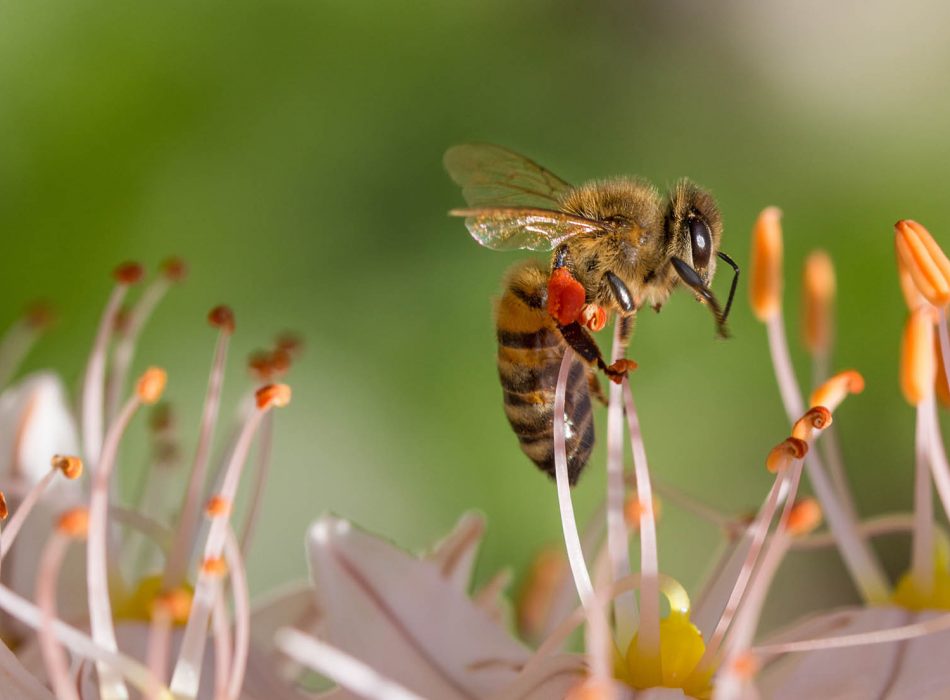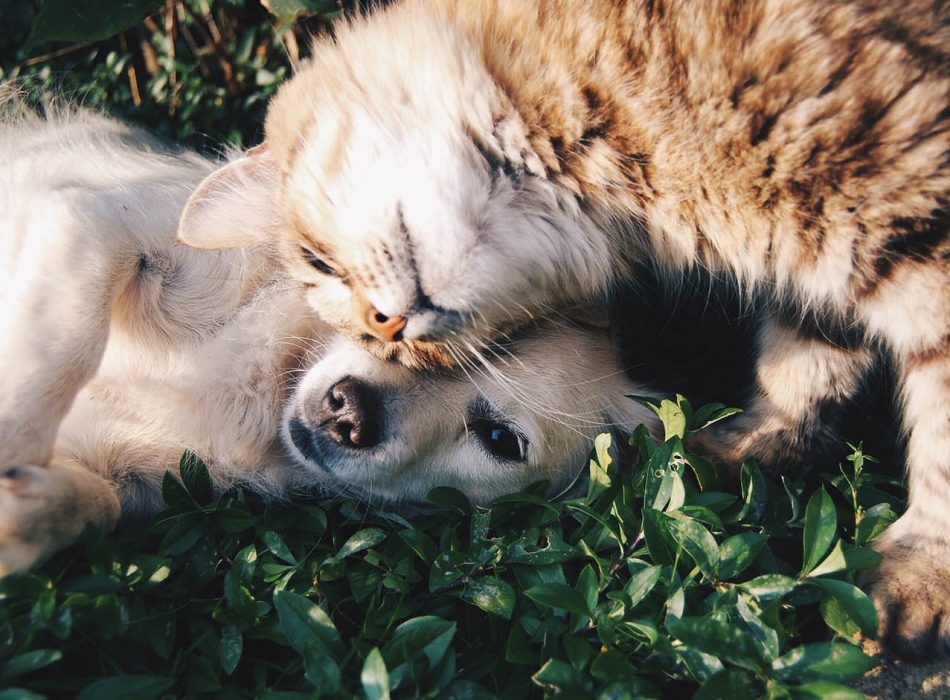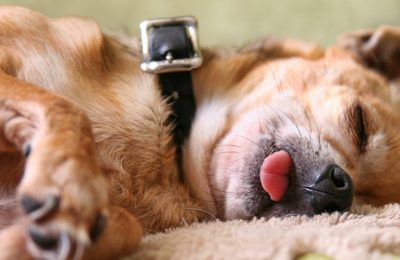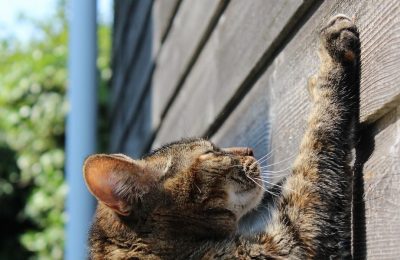o – you’ve got your pet registered at the vet, it’s up to date with its vaccinations and on a good healthy diet – but things can still go wrong. It’s a wild, wild world out there after all, and we can’t watch our furry companions every hour of the day.
Of course, if in doubt, it's always best to check with a vet, even for things that might seem relatively minor. If your pup has an upset stomach that lasts a few days, or your cat is limping after a tumble too many, it never hurts to get expert advice.
However, there are of course times when it's obviously just a case of too much enthusiasm (or too little common sense), so here are some tips on what to do with the little bumps and bruises your pet can accrue when they’re up to no good.

Great for making honey, not so great for playing fetch.
Bee Stings
Bees are great: they give us honey, they pollinate our flowers, and generally make the world a better place. Unfortunately they also often look like a fun new toy to your cat or dog, and it can all end in tears if the bee decides to sting. Importantly – if your pet has been stung in the mouth, you should consider it a medical emergency and get it to the vet as quickly as possible.
You pet should give you a few clues as to where the sting is. They’ll try to avoid you touching it, but be firm, and if your dog is the excitable type, it might be worth muzzling while you feel for the sore spot. Rather than using tweezers, which can break the sting while it’s still embedded, it’s better to use a credit card or similar to scrape it away – try to make sure the venom sack comes out with it.
Thunderstorm Phobia
Aside from the sound and flashes of a thunderstorm, the static in the air can play havoc with your pet’s fur. This can be uncomfortable for them, or even downright disturbing, and can leave them in a state of mild panic and anxiety.
A good tip for helping them deal with it is to put them in a humid room – whether the kitchen while you’re cooking, or the bathroom with a tub full of hot water or the shower running. The moisture in the air will help reduce the static, and should help them calm down.

Best of friends, until it's time to eat..
Cuts and Scrapes
Pets can get all sorts of small injuries, whether from treading on sharp rocks or glass, tangling with a rose bush, or getting a bit too close to the neighbour’s cat. Smaller scrapes and cuts can be dealt with by cleaning them out with saline solution or mildly salty water.
It’s important to keep any wounds clean; pets have no idea about the importance of hygiene, and are unlikely to avoid playing in the dirt just because you tell them to. Regularly cleaning scrapes and cuts, particular on their feet, will help them avoid any sort of infection. If wounds don’t heal quickly, it’s a good idea to get them checked out, particularly in the case of bite injuries.
Heat Stroke
Many short-faced breeds of cats and dogs are susceptible to heat stroke, and even with the best preparation a particularly hot day can cause them issues. Although the symptoms might at first appear to be minor, heat stroke is a major cause of fatalities among short-faced breeds, and should be treated as a serious problem.
The first thing to do is to put your pet somewhere that has a nice breeze, as this will allow them to breathe cooler air, which is the only way dogs can control their internal temperature. You can also wet their coat with lukewarm water – not cold, as that will slow their heat loss as it contracts their blood vessels. A small amount of water can also help.
Remember - from heat stroke to an infected scratch to a bad reaction to a bite or sting, our pets have no real way of telling us how serious their complains are. Always err on the side of caution if you're unsure how severe their condition is. Your vet will always have a better idea than anyone else of how to keep your dog healthy and happy, and peace of mind is only ever a phone call away.








